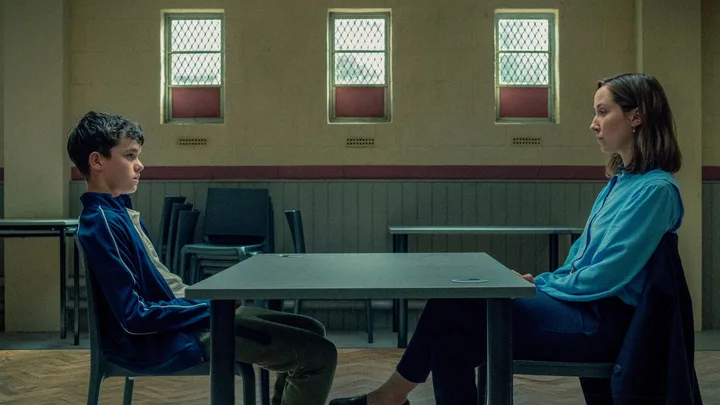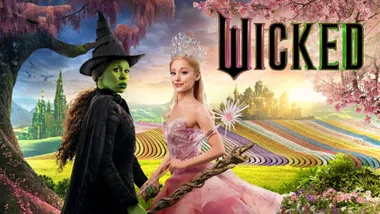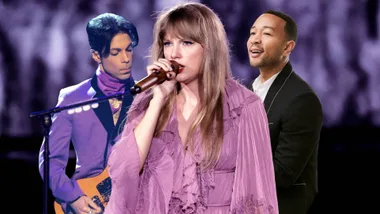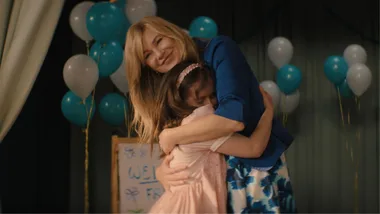Adolescence was watched by 24.3 million viewers globally in its first week on Netflix, and 42m in its second. It’s the most-watched limited series on the streaming platform ever.
It sparked great concern in many viewers for a range of reasons. We break down the key talking points and take aways to help you get the conversation started.
What the expert says

It’s harrowing viewing. A 13-year-old boy is arrested for the murder of a female classmate. His shocked parents try to work out where they went wrong raising him. Police look for answers to why a smart kid from a seemingly good family has done something so horrific. Revelations surface about boys being radicalised online to objectify and hate girls.
Netflix TV series Adolescence covers all this and more in four gripping episodes that have made it one of the most-watched shows in the world. The British programme also appears to be one of the most discussed TV series in recent times, trending on social media and becoming a hot topic of conversation in homes and workplaces around the globe.
It’s great that a fictional show has people talking about subjects like misogyny and gender-based violence, says Dr Claire Meehan, a senior lecturer in criminology at the University of Auckland.
Her particular field of interest is the relationship between young people, digital technology and their sexual lives. She’s written a book on young people and pornography, and is working on a second about sexual consent. She found Adolescence so compelling, she’s going to use it as a case study in a cybercrime course she teaches that includes looking at online gender hate crimes.
“It’s an uncomfortable watch, but it’s good that it is making people have some tough conversations that we need to have,” says Claire.
Adolescence mentions topics some people may not have heard of before, like the manosphere and incel culture (see below for explanations), which encourage hatred of women and girls.
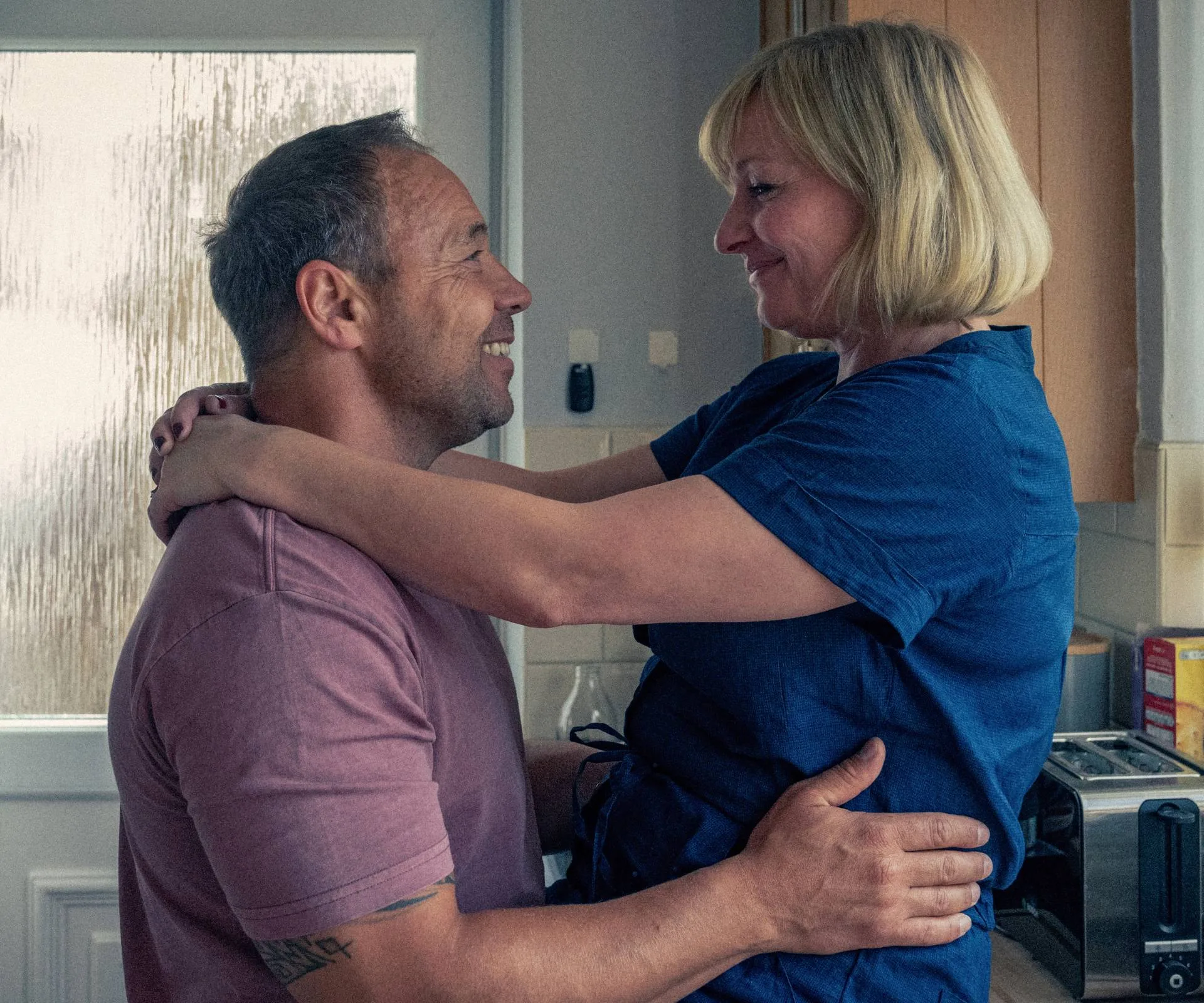
The part played by the internet in spreading harmful ideas features heavily in the show. Parents Eddie (played by Stephen Graham) and Manda (Christine Tremarco) lament the hours their son Jamie (Owen Cooper) spent on his computer in his bedroom.
But Claire says that Adolescence also did a good job of making the point that promoting negative attitudes towards women is not just an online issue.
“A lot of people are saying we need to ban the internet and smartphones. That’s not going to solve the problem, though,” she says. “It goes much deeper than that – it’s a societal issue. The internet has amplified misogyny but it’s just a tool. It’s a vehicle for these ideas and makes it easier for people to come together and find communities, but these kinds of ideas have existed long before the internet.
“Even if your kids aren’t on the internet, they’d still be exposed to these attitudes through things like sexist jokes and aggressive comments,” explains Claire. “As a society, that’s our responsibility.”
In Adolescence, Jamie’s attitudes towards women lead to him stabbing a classmate, Katie. While knife crime is not the major issue here in New Zealand that it is in the UK, we need to worry about misogyny and extreme beliefs because they can lead to sexual violence, explains Claire.
“Rape culture is very much alive and well here, and sexual violence is rampant. What we see in Adolescence will most of the time result in rape here, rather than murder. We should be talking about these attitudes towards women and we should be very concerned.”
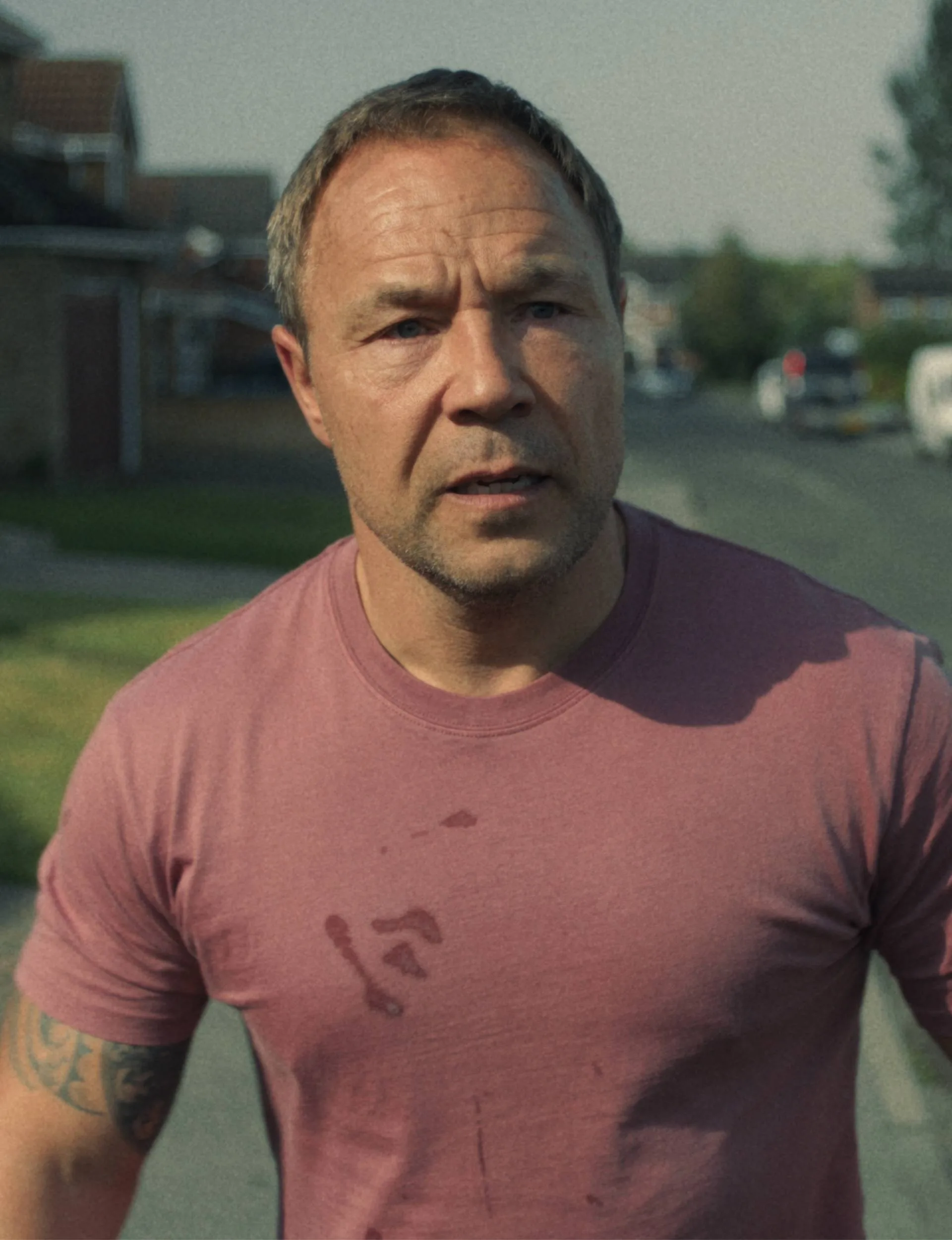
Why was Adolescence made?
The idea for the show came from actor Stephen Graham, who was troubled by several distressing cases in the UK in which young girls were killed by teenage boys.
“It really hurt my heart,” Stephen told British media. “I just thought, ‘What’s happening? How have we come to this? What’s going on with our society?’”
He asked his writer friend Jack Thorne to come up with a screenplay looking at why boys are committing such extreme acts against girls.
Jack began investigating incel culture and the manosphere, and how some boys are being conditioned to think that they’re living in a female-dominated world that is working against them. He says he was shocked that he could grasp the attraction of the pro-male community. “If I was an isolated kid, I would find answers to why I felt a bit lost.”
But the ideas being expressed are dangerous and young brains are not equipped to cope with them, he explains.
Stephen says it’s not just the internet but also the school system and parenting that influences young boys. “They say it takes a village to raise a child – what if that village is accountable? We’re not pointing the finger at one particular thing, we’re just saying maybe we should look at this.”
Understanding the language
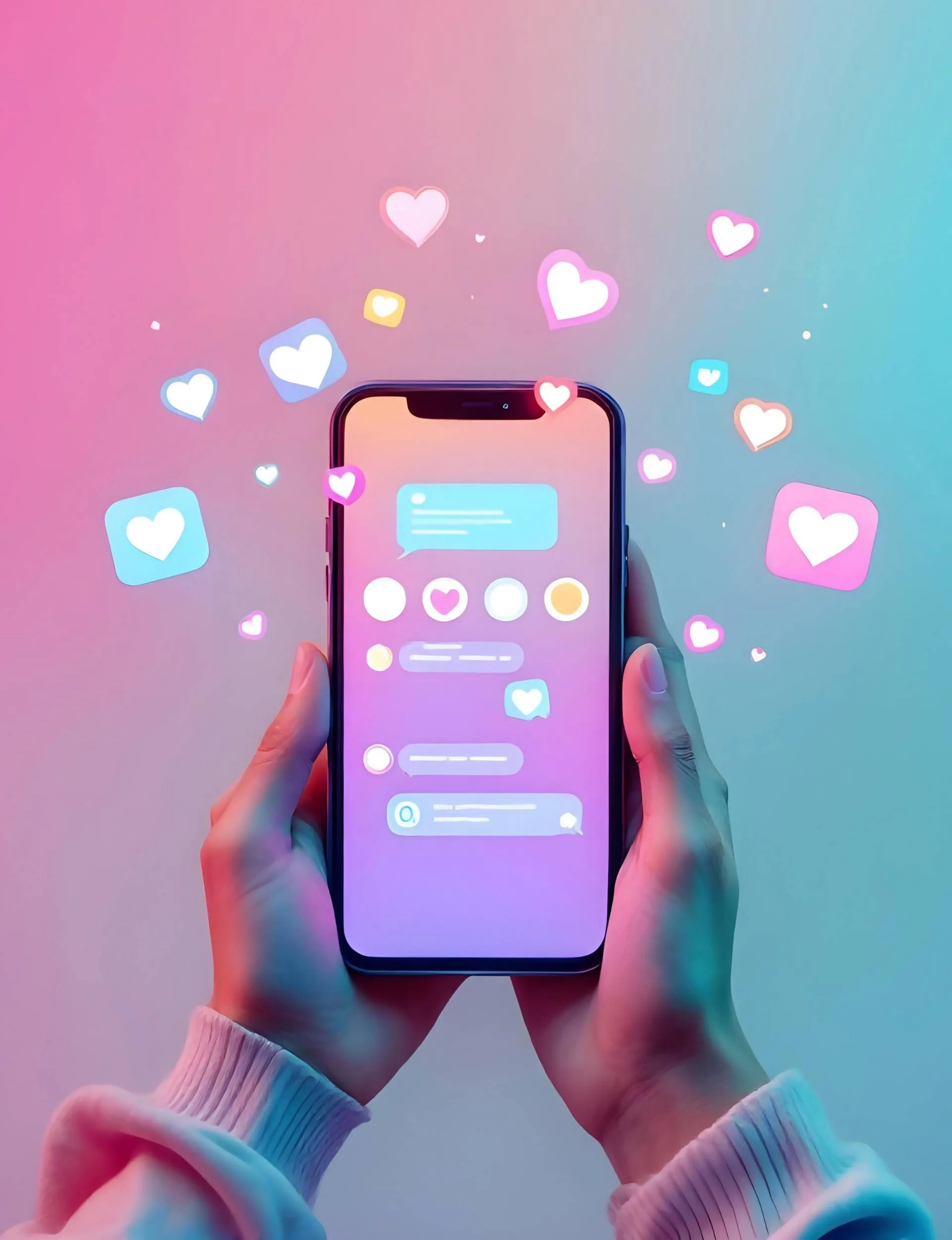
If you’re not familiar with some of the terms used on Adolescence, here’s a guide to the main ones:
Manosphere
The manosphere is a network of websites, blogs and online forums that promote toxic masculinity, misogyny and opposition to feminism. “It started out being about men’s rights and drifted into hatred of women,” explains Claire. “Now there’s this idea that feminism has gone too far, men are falling behind and society is unfair.”
This digital community used to be confined to “darker” websites like 4chan. However, it has found its way onto regular social media, with accounts pushing sexist and anti-feminist beliefs showing up on sites like Instagram and TikTok. There’s concern in some quarters that algorithms could make boys and men more likely to see this kind of content on social media platforms.
Incel
This term means “involuntarily celibate”. It’s used to describe men who believe they’re entitled to relationships with women but consider themselves unable to attract the opposite sex. They often blame women for this, and denigrate and objectify them as a result. The online incel community has become known for loathing themselves, hating women and in some cases endorsing violence. This can include sexual assault against women.
The term has been linked to some high-profile cases, including that of student Elliot Rodger, 22, who killed six people and injured 14 others before killing himself in the California town of Isla Vista in 2014. He posted a video on YouTube before he went on the attack, announcing his intention to “punish” women – and the men they were attracted to – for their lack of interest in him.
Alphas and betas
Alphas are traditionally masculine males, while betas are subservient. Some incels believe they have to be alphas to attract women. When it comes to these terms, what’s concerning is that they’re becoming so commonplace that girls are also using them, says Claire.
“They’re buying into these ideas as well, using terminology like alphas and betas. I think it’s important for parents to know some of these terms, and if they hear them, gently ask, ‘What do you mean by that?’ It’s a good way to start a conversation.”
What’s Andrew Tate got to do with it?
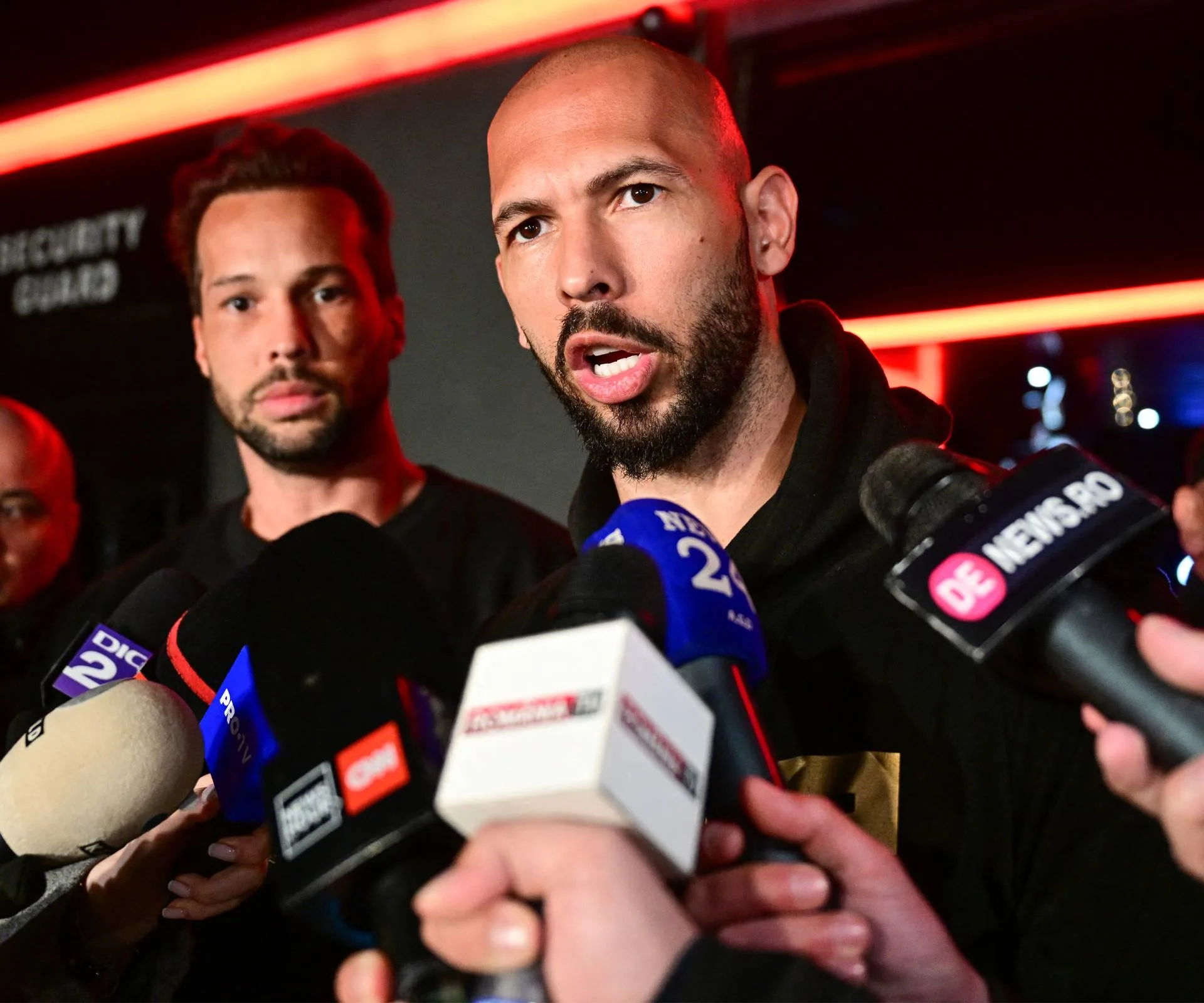
The British-American professional kickboxer-turned-influencer, who has a huge online following of boys and men, is mentioned in Adolescence when police become aware that Jamie’s got some worrying beliefs about women.
Andrew Tate is an extreme misogynist who has said women are a man’s property and belong in the home. He once tweeted that rape victims should “bear some responsibility” if they’d put themselves in a position to be attacked. On top of this, he has posted video clips in which he talks about hitting and choking women. He’s facing rape and trafficking charges in Romania, as well as being investigated for sexual abuse in the UK and US.
He developed a global cult following on TikTok in 2022 thanks to social media posts that included motivational tips and fitness advice, along with rants about women.
In 2023, a Wellington teacher told Newstalk ZB that his school had Andrew Tate “fan clubs”. In these clubs, boys gathered at lunchtime to watch his videos.
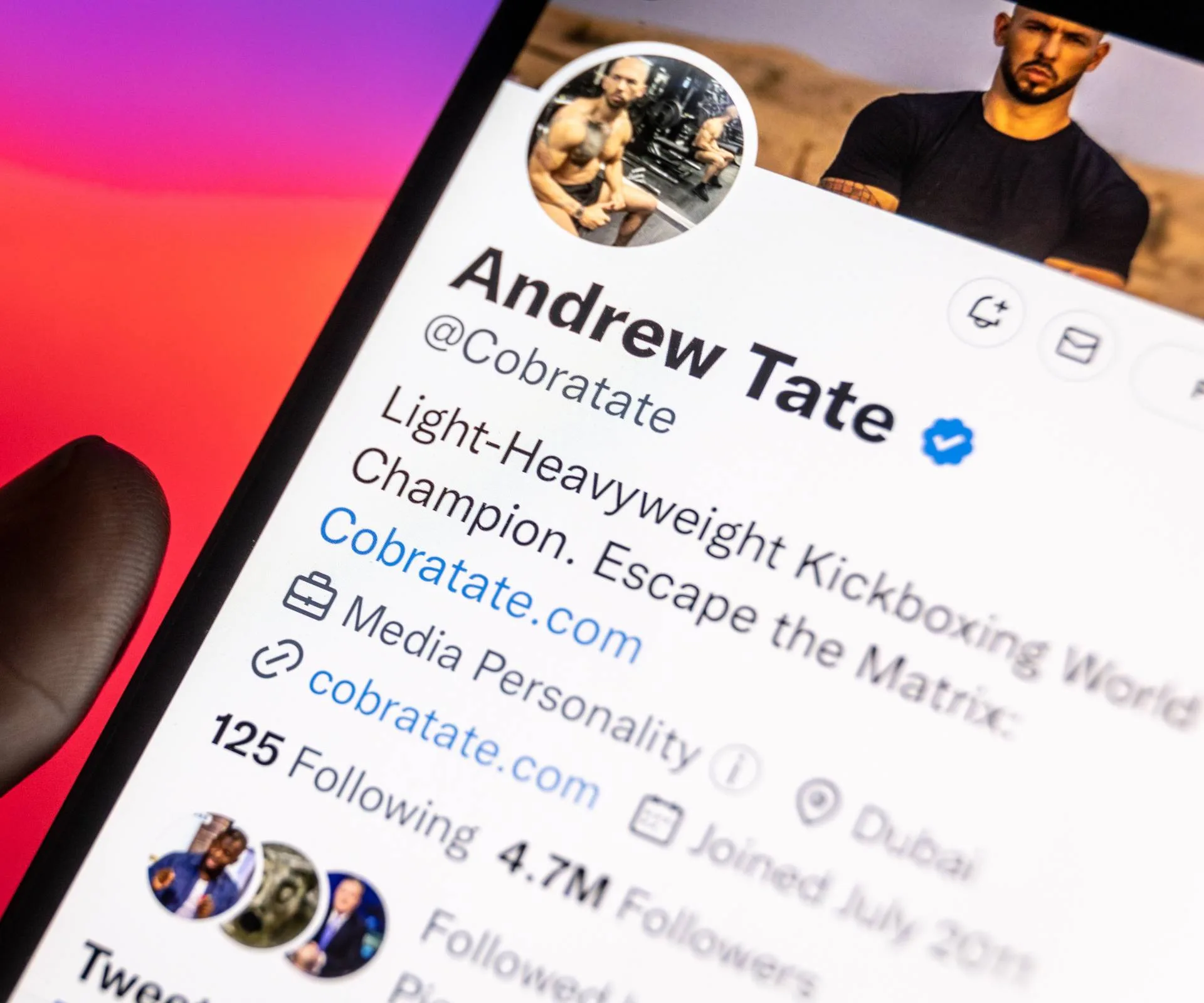
Claire says for some boys with low self-esteem who are not doing very well with girls and feeling vulnerable, Andrew is an idealised version of masculinity that they want to emulate.
She suggests parents of boys who follow him take a gentle approach to finding out why he appeals to their sons. “Come from a non-shaming place – shame stops conversations. It’s easy to say, ‘Oh, my God, are you mad – what are you listening to him for? He’s horrible.’ Instead, try saying, ‘What is it about what Andrew Tate says that you get something out of?’
“We need to think about why the message he is sharing is getting across, and what do we need to do to provide alternative messages and also positive male role models who don’t resort to this kind of stuff.”
Fun fact: A 2023 British survey found 45 percent of males there aged 16 to 24 had a positive view of Andrew Tate.
Tips for parents
- Talk to your kids. Not only about the topics raised in Adolescence – that’s an important conversation to have – but about everything big and small. Let them know you’re always there for them to talk to, no matter what.
- Don’t put conversations off. If they raise something with you, try to discuss it there and then. Otherwise you may miss your chance.
- Don’t dismiss or downplay what they say when they talk to you about their feelings. Things that may not seem important to you can be huge to them. If they’re really upset about something, don’t tell them to calm down or get over it. The fact they’re so upset means it’s a big deal.
- Let them air their feelings without interrupting, even if you don’t agree with what they’re saying. You can make your points later, but let them get it off their chest so you know how they feel.
- Don’t belittle what’s important to them. This applies across the board, for example constantly criticising their taste in music can make them feel alienated.
- Don’t attack them if they express views you’re uncomfortable with. Instead, explain why there are issues with this kind of thinking.
- Do set age-appropriate boundaries, including when it comes to their online usage.
- Know where your kids are and who they are spending time with.
- Model good behaviour. Let them see that it’s okay for everyone – men in particular – to express their feelings.
- If you are concerned about your teen’s mental health, speak to your GP about where they can get professional help.
Reading the signs
Adolescence highlighted the use of emojis to signify certain aspects of online incel culture. Their more sinister meanings include:

Red pill
This signifies that someone has woken up and learned the “truth” about female nature and feminism “oppressing” men. The concept of a red pill bringing awareness comes from a plot line in the film The Matrix.

Exploding red pill
This means someone has been radicalised to incel culture.

Blue pill
A blue pill is used to describe someone who is still living in blissful ignorance of oppressive feminism and incel culture.

Kidney beans
Kidney bean emojis are used to identify someone who is an incel.

100 percent
The 100 percent symbol refers to the 80/20 rule – the incel belief that 80 percent of women are attracted to 20 percent of men.

Heart emojis
According to Adolescence, the different meanings of the heart emoji colours are:
Red = love
Purple = horny
Yellow = I’m interested, are you interested?
Pink sparkle = I’m interested but not in sex
Orange = You’re going to be fine
Help is here
Parent Help – 0800 568 856 for parents/whānau seeking support, advice and practical strategies on all parenting concerns. Anonymous, non-judgemental and confidential.
Family Services 211 Helpline – 0800 211 211 for help finding (and direct transfer to) community based health and social support services in your area.
